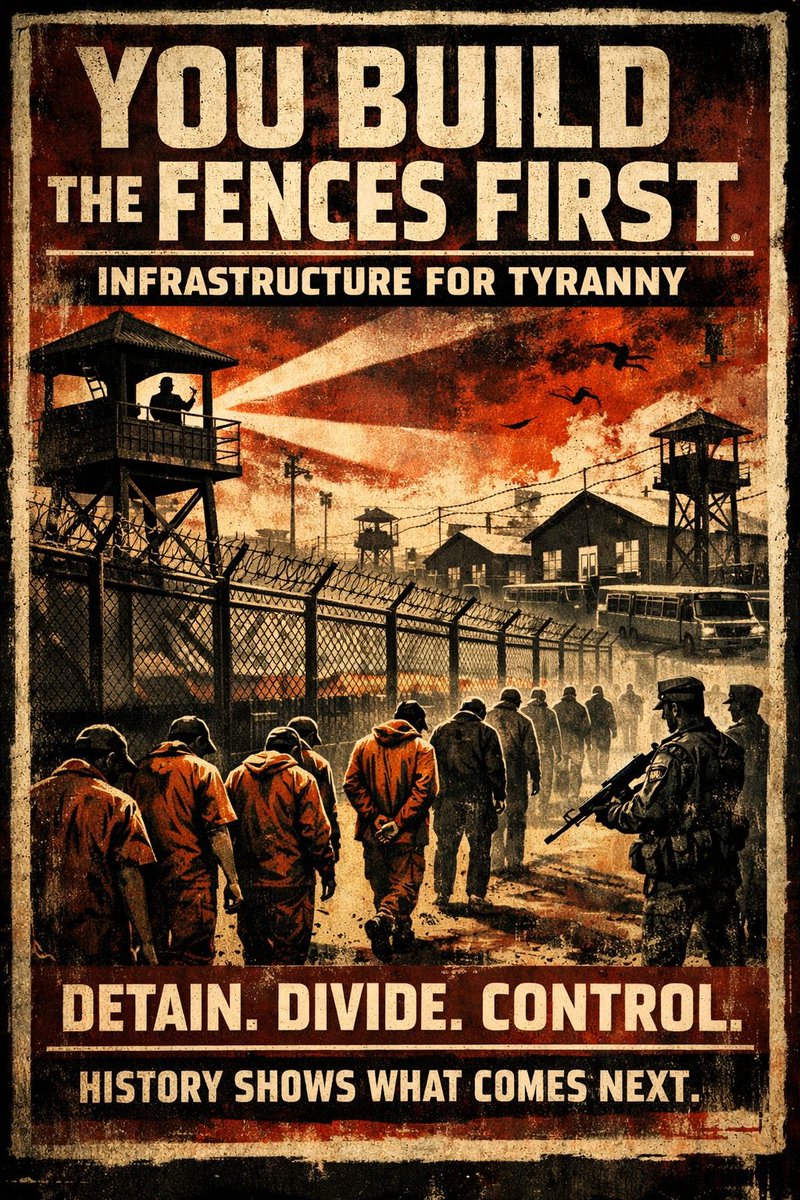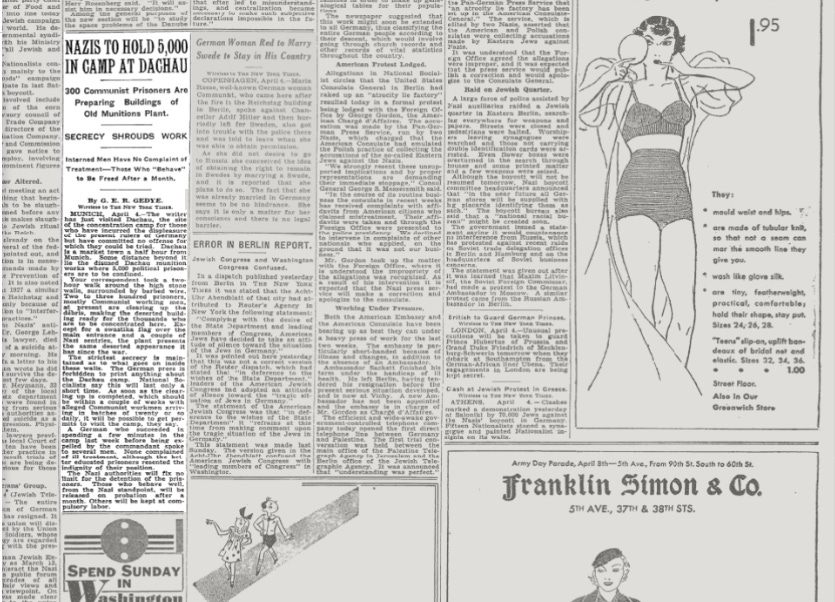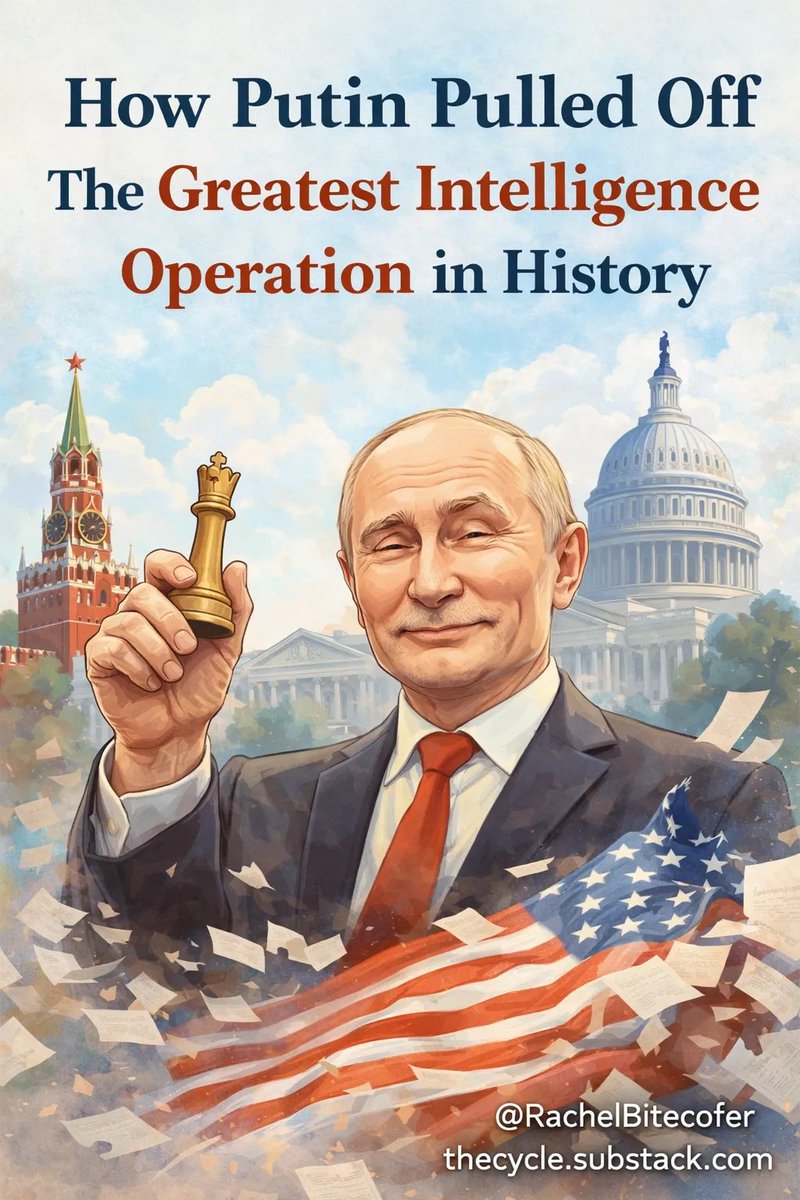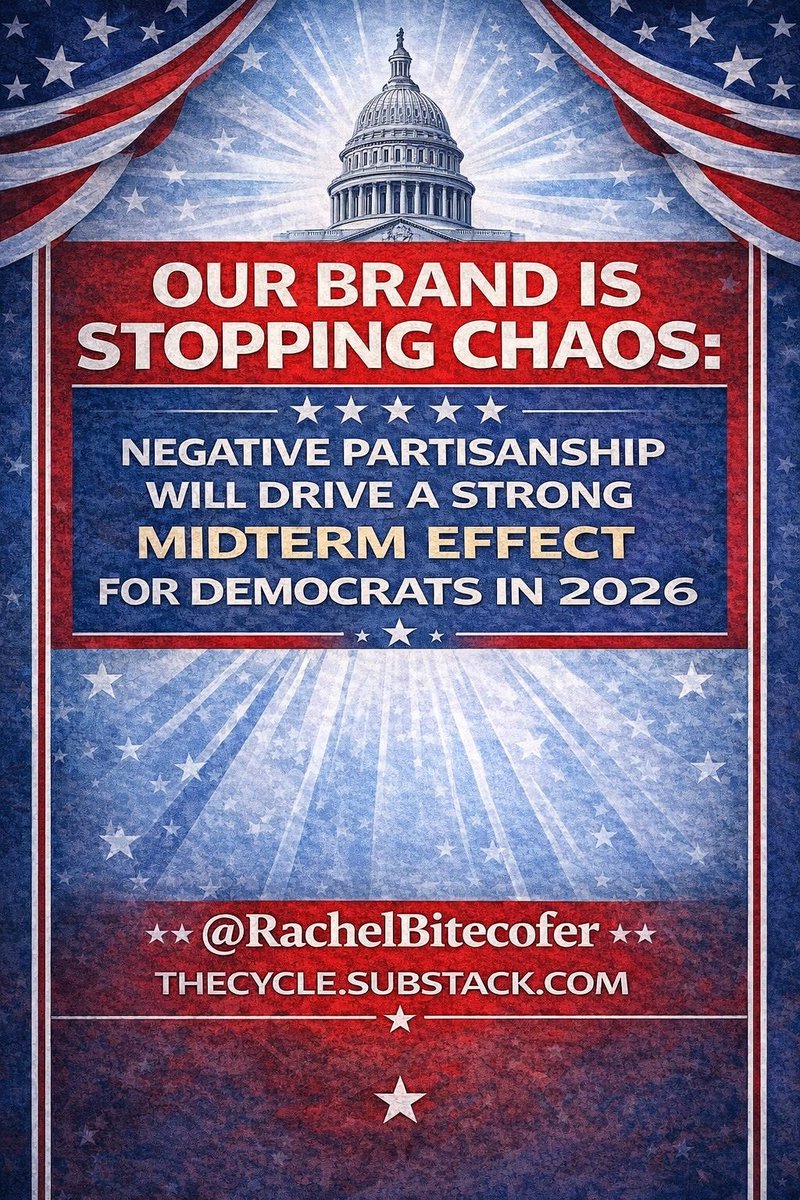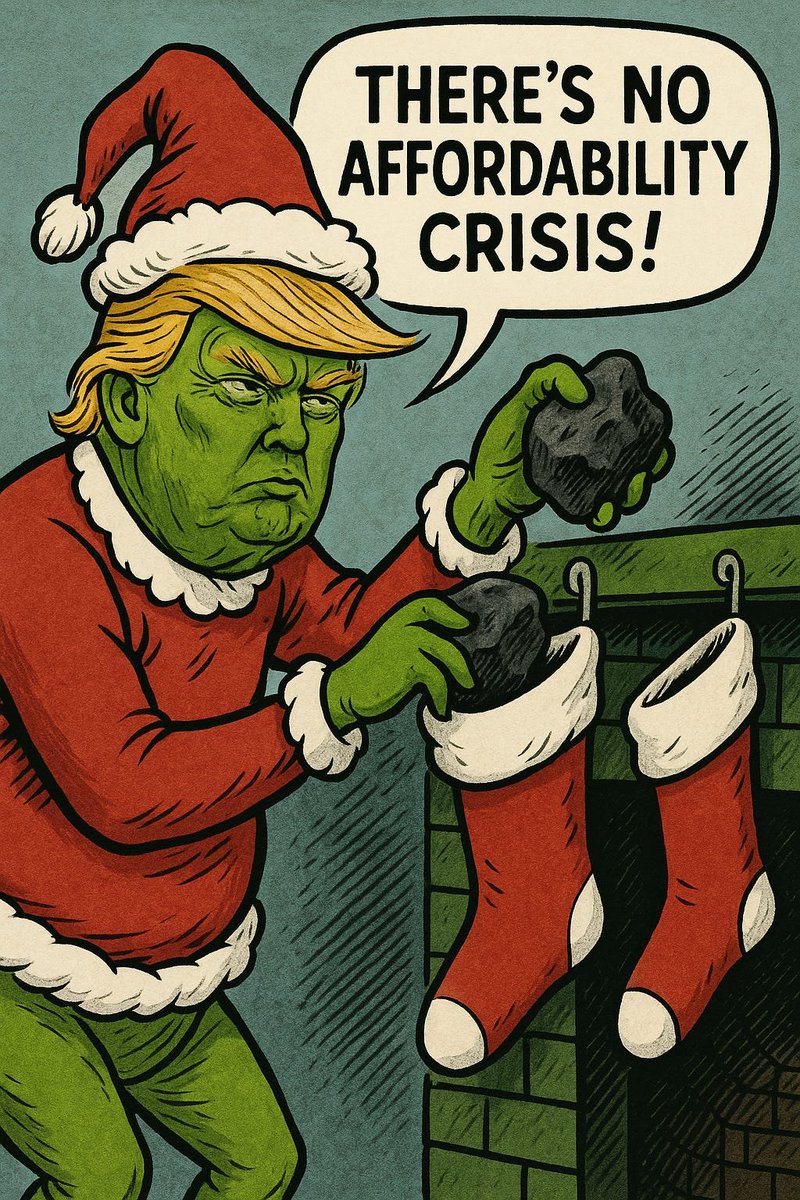This is true, and you can hear this in the way she talks. Case in point, debate 1 when she talks about medical bankruptcy of people W insurance.
This is why I am more bullish on her "electability" than other analysts (well, that and the fact that I don't still live in the stone
This is why I am more bullish on her "electability" than other analysts (well, that and the fact that I don't still live in the stone
https://twitter.com/NewYorker/status/1165202535201812480
age in terms of electoral behavior and what the American electorate can and will tolerate, esp the middle of it, (it tolerated Trump in '16, but won't be doing that twice no matter what).
But honestly, I think a lot of opinion elites sit outside of the normal income lines of
But honestly, I think a lot of opinion elites sit outside of the normal income lines of
America, which even at 100K a year, leave people struggling to fix their cars or AC, pay for a dentist, and send their kids to college. At 50K & below, where 80% of the country lives, its a day to day battle trying to keep the lights on, food on the table, and housing.
This economic insecurity certainly lays conditions for racism/cultural resentment, and sexism to flourish, and the GOP will be able to capitalize on that with their crafty messaging that will redirect some people's insecurity to their neighbors, but for 50% of the country,
conditions are actually pretty good for a populist campaign against the ultra-rich to flourish, ESP if the country goes into recession. And @ewarren has always been shrewd about positioning herself as a capitalist that supports more democratic socialism. That's an imp distinction
• • •
Missing some Tweet in this thread? You can try to
force a refresh


